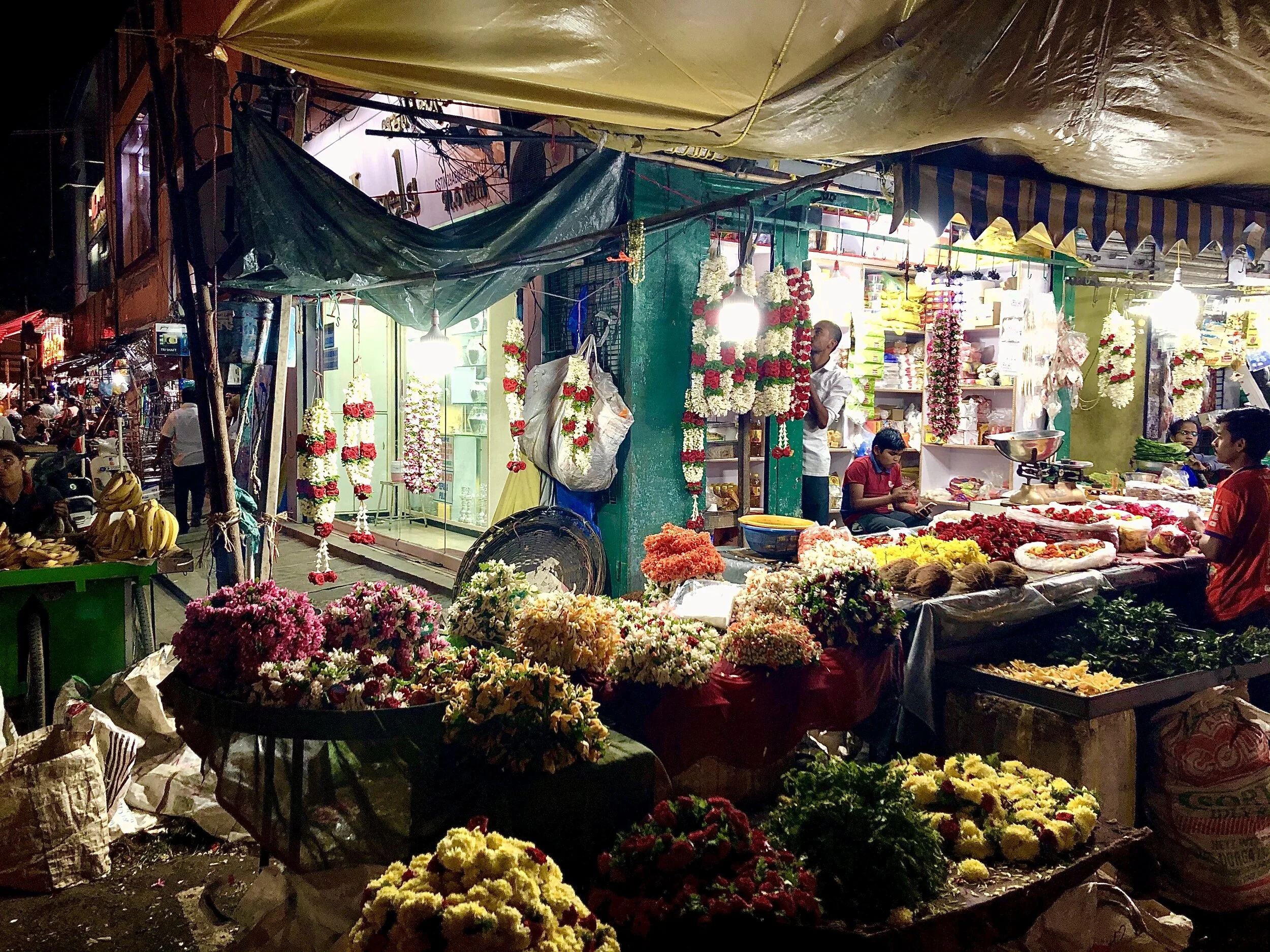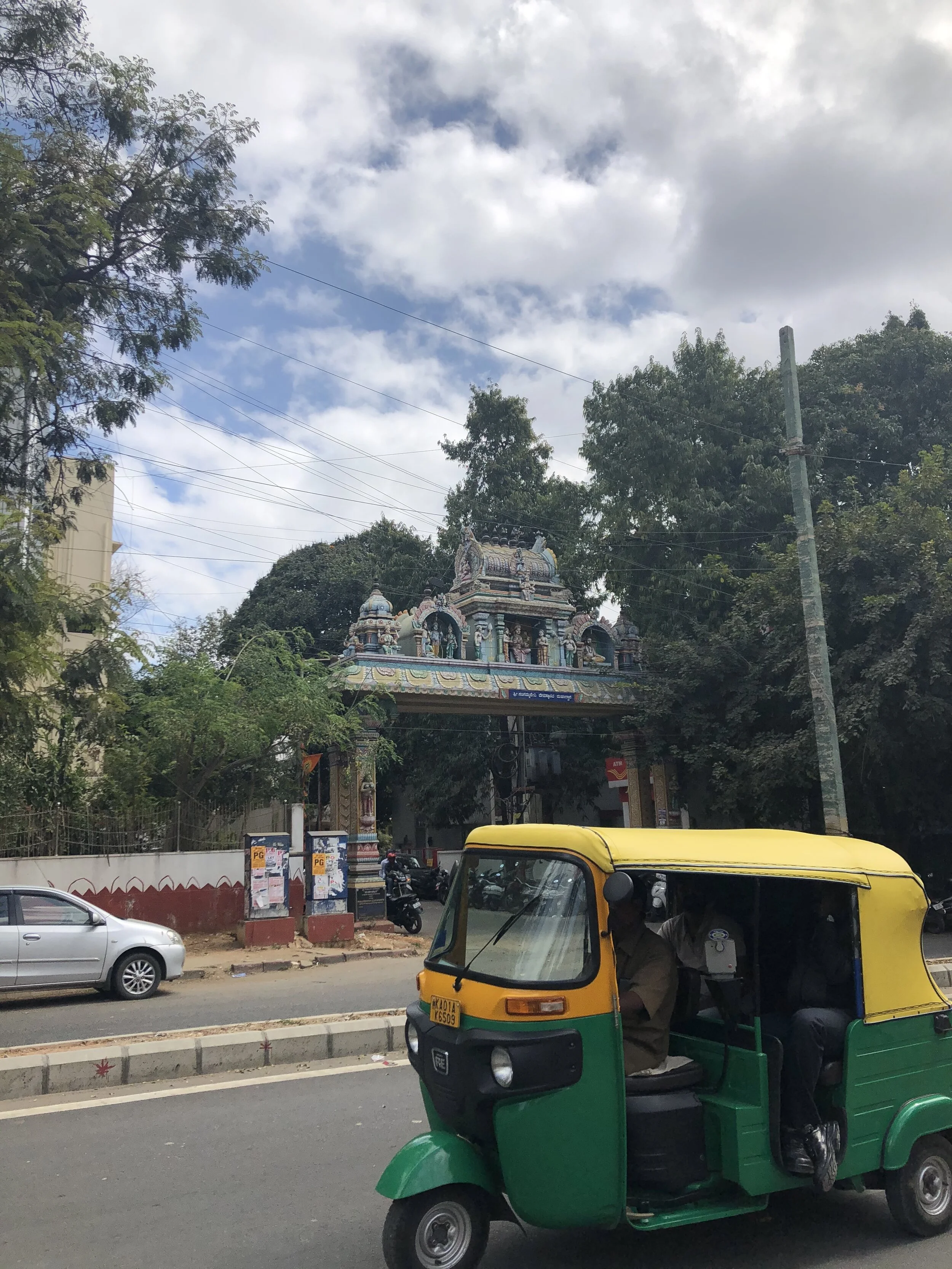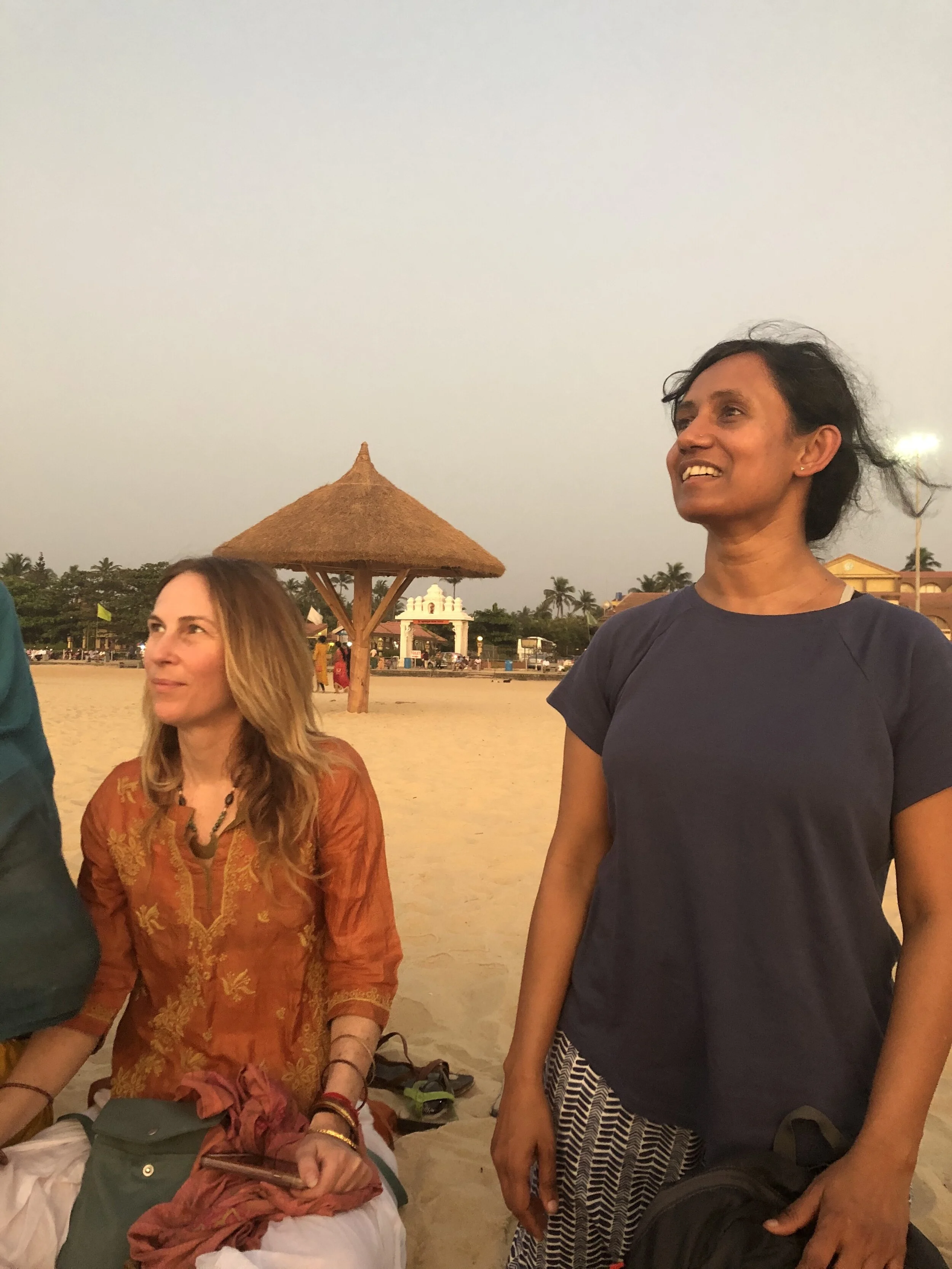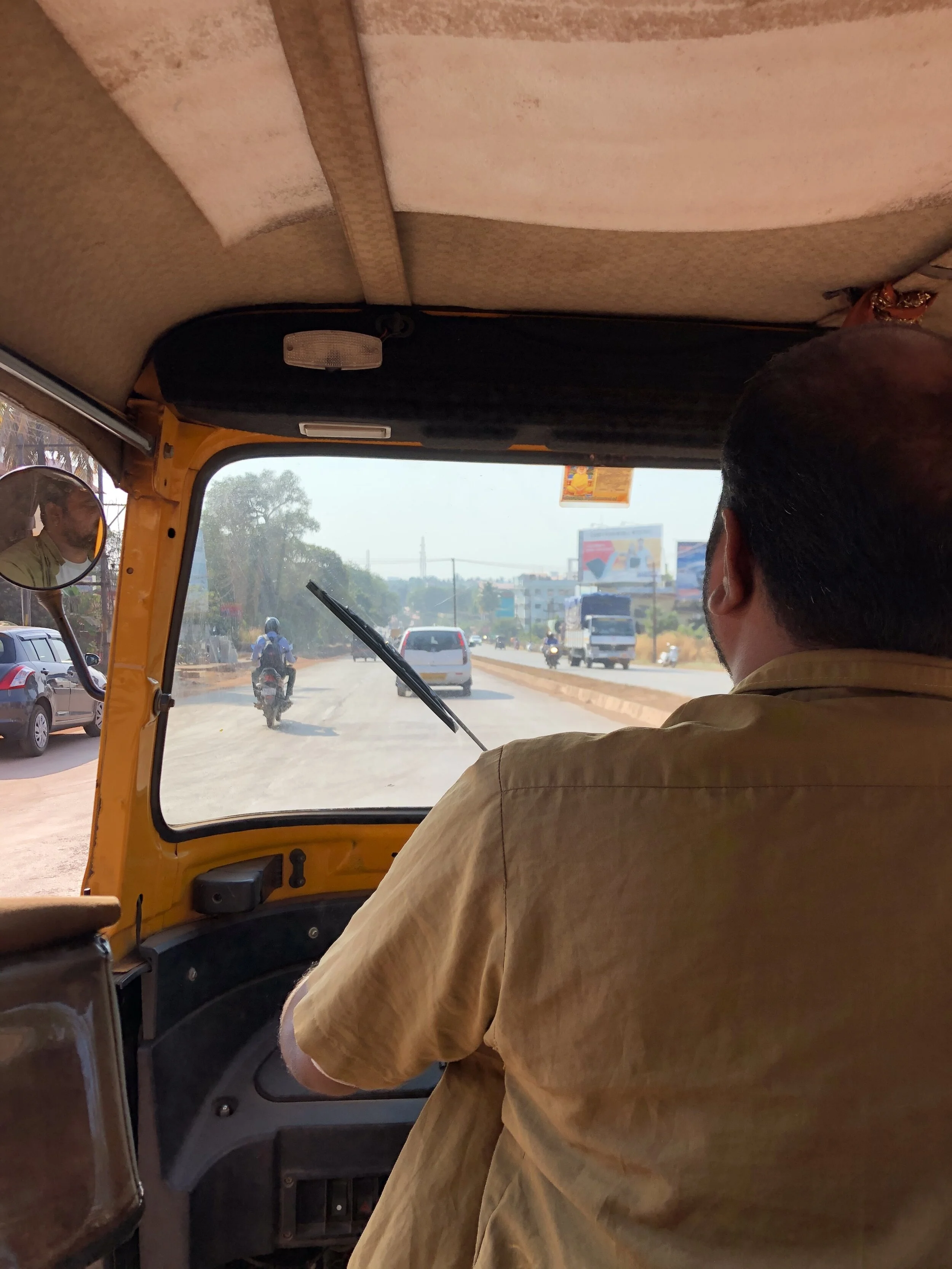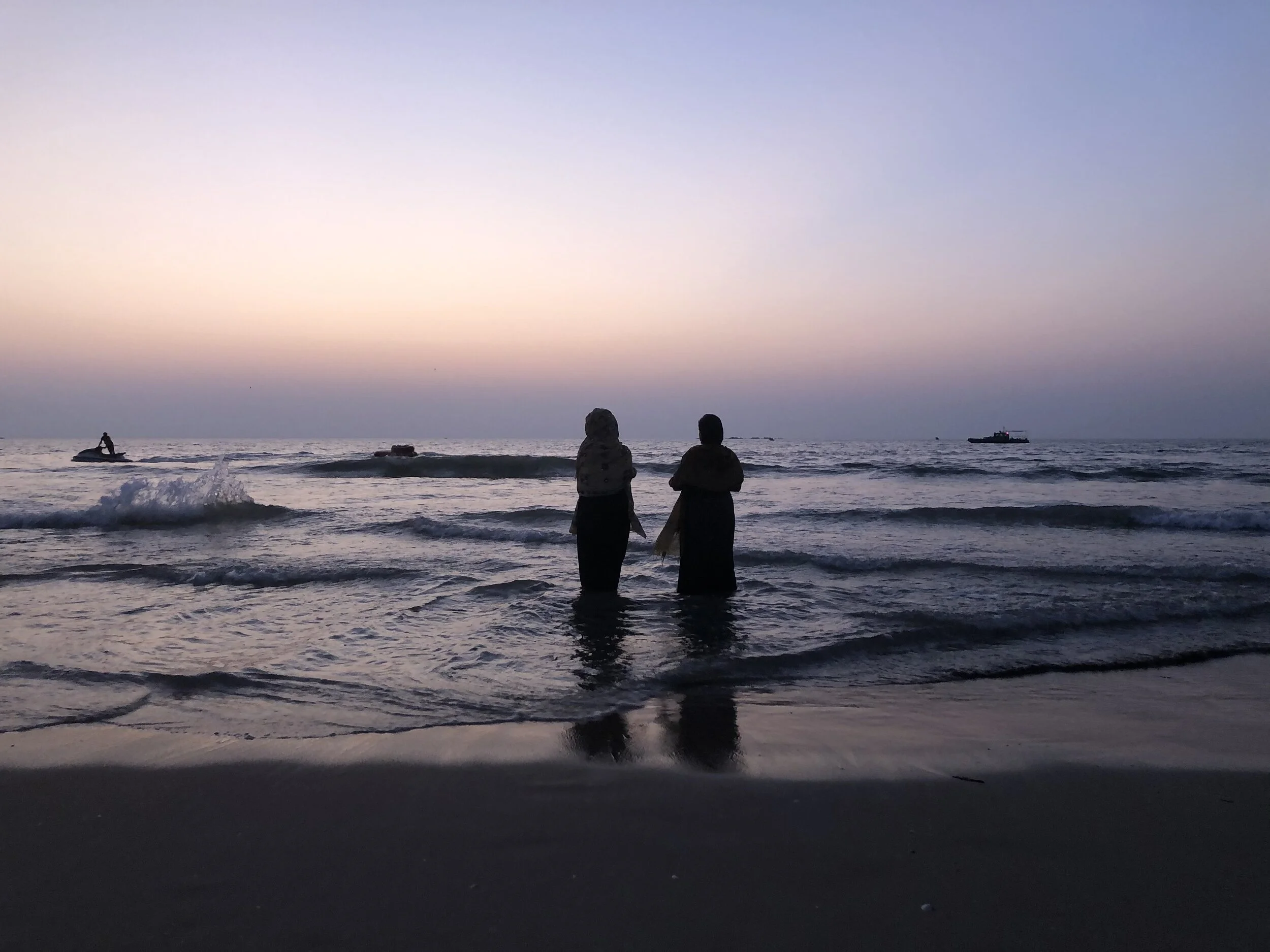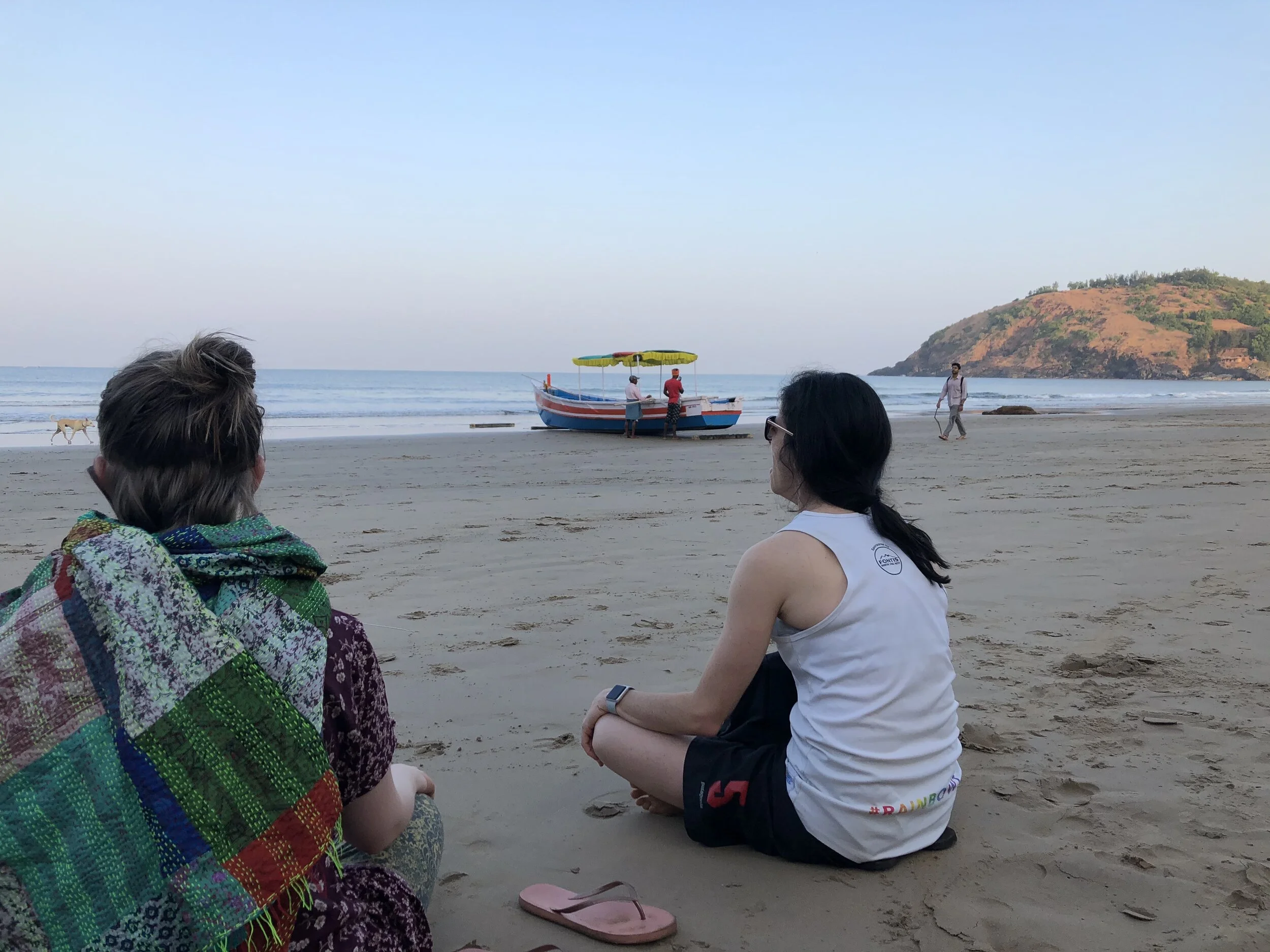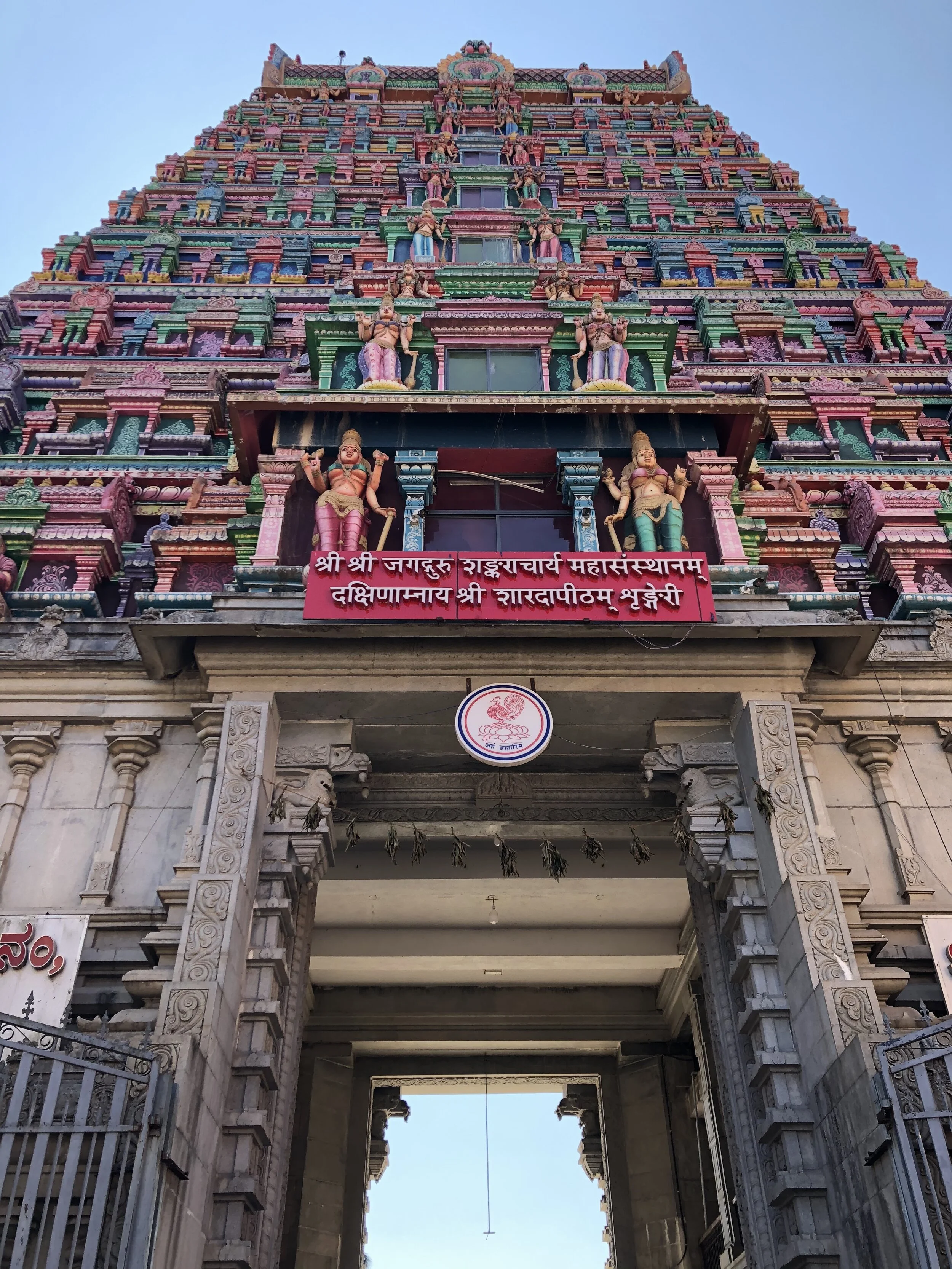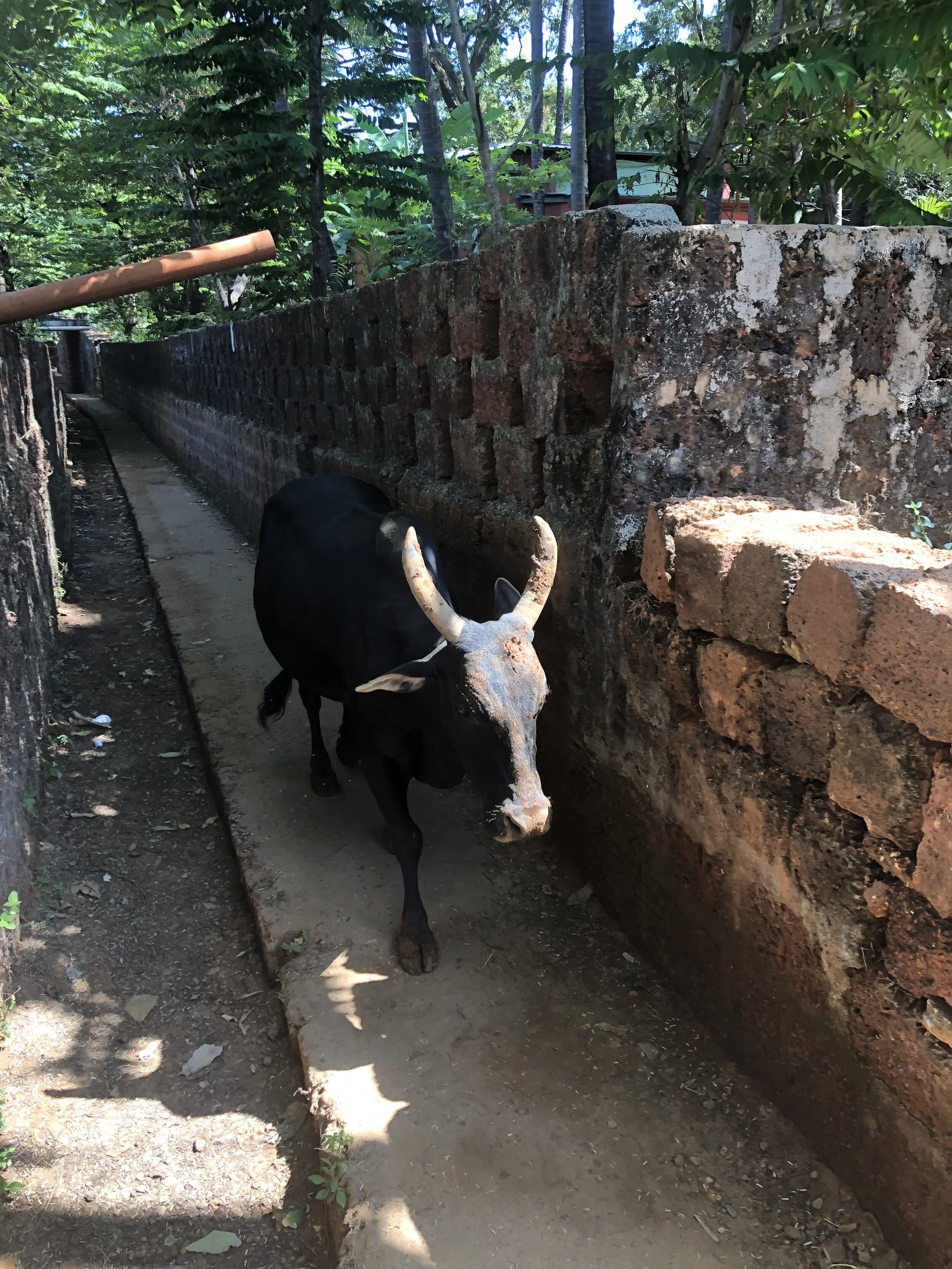In Search of the Sacred
What do you say when words seem inadequate to express an experience? How do we talk about the struggles and insights that come from our practice and study when we are still searching for understanding ourselves? Is there really a way to talk about transformation without disparaging it’s power?
This is what we do at Vira Bhava Yoga. We throw ourselves off the cliff and strive to share the essence of the experience with others in a way that inspires and propels. It is a challenging mission, to speak the unspeakable. It requires faith to step into the unknown, unfamiliar, and terrifying, it requires courage to meet and stay with whatever arises within us, it requires patience to love ourselves and others as they traverse these unknown landscapes of the unfamiliar, and it requires strength and fortitude to bear witness to all of the ways that you are shaken, rattled, and rolled into transformation. In the final step, we strive to communicate about where we’ve been and what we discovered through the experience. It’s not always beautiful, but it is always real, authentic, and honest.
My story about India contains all of it. The challenging, the humbling, the rumble and roll. It is full of beauty and frustration, growth and stubbornness. The country changes you, and you are powerless to resist. I learned this the first time I visited, so this time I was ready, or at least I thought I was. My intention was to let go and open. Be in the flow, not in charge of it. And so, true to the nature of Divinity, I was gifted the paradox, the opposite opportunity. I chose to lead a group of students, to be accountable for others, and to try my best to continue to offer opportunities to explore ourselves and our challenges in the midst of having our realities fall away.
I think travel is a Tantric practice. In addition to propelling you beyond your comfort zone, it challenges you to question your ideas of who you are, and the ideas of what we perceive the world to be. A good traveler is an observer, not just of the new environment and people they encounter, but also of the way their inner world responds to the outer experience. Travel stretches us beyond the World views that bind and trap us, it can become a practice of transformation if we are willing to allow it. Travel makes us more sensitive, and it catalyzes our growth. At first we might struggle to understand the strange ways and customs of other cultures and places. We might see the differences magnified and bring our judgements to the fore, but given enough time, that edge starts to soften, and we begin to see our sameness, our shared humanity, and our relation. In making travel a practice, we grow our capacity to be connected and to connect, and if we are lucky, we remember our connection to something much bigger than ourselves and our identity.
Traveling to India is the fast track to these practices. The country is the birthplace of Yoga, and if we pay attention it shatters all of the false notions of what we perceive Yoga to be. India is like the inside out of America. What our culture values: organization, clarity, sterile, well-managed, ordered, personal space, security; are all redefined and reinterpreted. “Same, same, but different.” To the eye of the visitor, the initial experience is chaos, crowds, contamination, and confusion. When we bring our cultural judgements and expectations to India, we immediately feel the affront. But give it time. India will work on you. It will soften you with its softness, it will open you with its acceptance. It will forgive you with its piercing heart. If you approach the experience as a practice, India will tear down your walls of difference, and reacquaint you with the power of similarity. More than all else, it will put you in direct contact with the sacred.
In the eyes of India, everything is sacred. You can’t walk down the street without stubbing your toe on a shrine or temple. The vehicles are named after deities, as are the coffee shops and bookkeepers offices. From the concrete stores to the rickshaw dashboards, altar honoring a force bigger than ourselves are everywhere. Trees are adorned with flowers and murtis (statues of deities) and covered in the sacred red powder called Kum Kum. If you long for a connection to a larger reality or a universal consciousness, India will satiate you. The sacred is all around you, the smells, the tastes, the sounds, the people. Devotion isn’t hidden here, rather it’s at the forefront of every experience. The divine is a part of life in India, not separate from it. I can’t speak for the inner world of Indians, but the outworld is manifesting divinity at every turn, a very different experience than the West. To the visitor, there is a harmony and synchronicity with something bigger than the individual, a trust in the mass of humanity that moves in a strange symbiosis seemingly understanding that we are all in this together, so we might as well figure it out together or let it go completely.
This is a stark contrast to the world I returned home to. Division, separation, disconnection, requirement, and expectation. And, it has continued to be a difficult re-entry to this Western mindset. The most difficult thing I’ve experienced is returning to my life in the US is the separation from the sacred. There are no shrines to honor that which is bigger than ourselves, and no places to “see” divinity as a part of life. If anything, it seems that we are surrounded by reminders that we don’t have time or space for anything bigger than our own plans, our own schedules, our own struggles. It has taken me 12 days of resistance to remember that the sacred is EVERYWHERE, even if our culture works hard to stay asleep to it. Even if we work against waking up to the possibility that there might be more important things than ourselves, it doesn’t change the fact that we are simply a part of the whole. Even though we juxtapose our experience against others, it doesn’t change the fact that we are all humans sharing this planet. Though we define ourselves by our differences, I am not me unless I am not you, we aren’t so different really. We divide in a desperate attempt to keep ourselves safe because we are all terrified. And HERE in this place defined by its division is the biggest opportunity of all to practice Yoga, can we see the sacred even in our divisions? Can we move beyond our egocentrism veiled in the language of right and wrong, to see something bigger? Can we acknowledge that there is no one right way, and make space for everyone? Can we UNITE even in our separation?
In India, cultural sensitivity is shown by wearing Indian clothes, eating Indian food, and honoring Indian customs. It is not seen as appropriation to play the part, rather it is the highest expression of respect. We have forgotten that perhaps “we,” as Americans, don’t have it all figured out. We have forgotten that our ideas of “right” and “wrong” are sourced from our own separation and self identification, and ultimately our own fear. Our righteous keeps us safe by giving us another way to divide rather than unite, and even though the struggle of the oppressed is not solvable with more oppression. We have forgotten that the only way to heal is through love, acceptance, openness, and forgiveness. We have forgotten that YOGA means union, not simply union of the good, the comfortable, or the way we want things to be, but UNION of the WHOLE, everything and everyone. Making space for ALL of it, and excluding none. No amount of downward facing dog will teach you that. No perfection of any asana will reunite you with the sacred in all things, or heal the divides.
If we truly want to practice Tantra, to be transgressive and divergent from the norm in an attempt to truly find the sacred in all, then we could start by acknowledging our dependence on division, and inviting the experience of wholeness into our daily lives. Can we honor all parts? Starting in the quiet privacy of our homes, can we recognize the existence of something bigger than our own personal success or failure, can we allow space for something other than achievement or self-definition. Can we widen our perspectives to allow other ways of seeing? We could practice being a part of a whole rather than a universe of one. We could “remember to remember,” as Robin Wall Kimmerer says in her reflections on returning to Sacred relationship with our world. Little by little we could dismantle the ideas of our own self importance or victimhood, and step into the responsibility we have for the whole. Then as we gain capacity and courage, we could slowly bring our recognition of the sacred into our worldly lives. We could trickle in the acknowledgment of our own humility, we can admit the futility of our ambitions and the honor the hollowness of our separation. Little by little, we could step towards each other as a representation of what is real and true, that we are all in this together, that if we go down, we are not going down alone. No one survives this life, absolutely no one. So remember, success is just another name for failure, and security is not the cure for insecurity. Maybe we all just want to love and be love, and the courage to admit that is the most sacred act of all.

